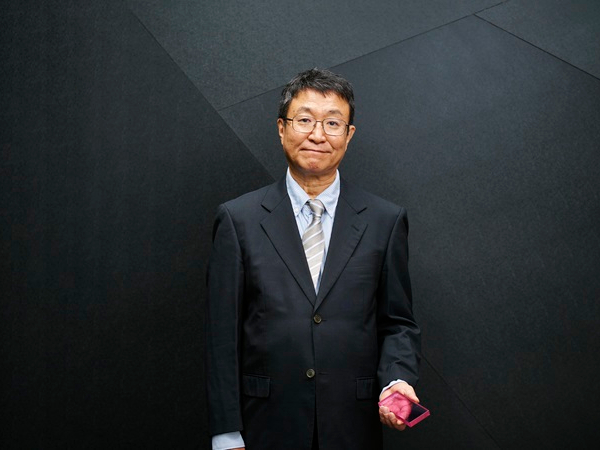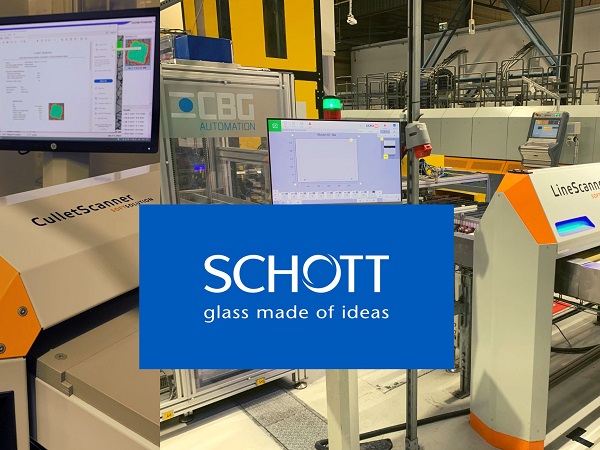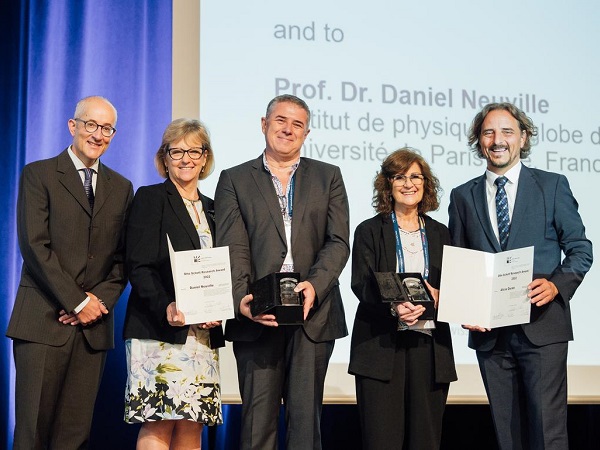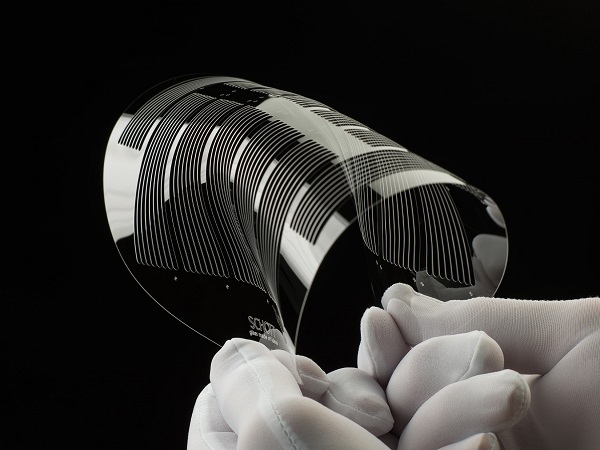Date: 24 December 2007
The funding will allow SCHOTT to conduct research into the interaction between biotherapeutic drugs and glass packaging. Currently, such interactions can lead to drug loss due to adsorption, aggregation and precipitation, which diminishes the effectiveness of these drugs.
One goal of the research is to improve the government's ability to stockpile ready-to-inject vaccines and treatments, and thus speed its response to bioterror attacks and pandemics. The research will also help bring SCHOTT advanced packaging technologies to the commercial sector.
SCHOTT will use the appropriation to create tools that better assess the interaction between biotherapeutics and glass, and to develop new glass packaging technologies that extend the shelf life of these kinds of drugs.
The Need to Speed Treatment
Many of the vaccines and treatments that are being stockpiled by the Department of Defense are freeze-dried (lyophilized) in order to keep them from reacting with their packaging, thereby increasing their shelf life. This process is costly; moreover, though lyophilization is sometimes the only way to stabilize certain biotherapeutics, the reconstitution process can slow down mass dissemination of the drug. For example, if reconstitution of a lyophilized drug took as little as 2 to 5 minutes per dosage, in a mass outbreak thousands of hours could be spent preparing it for delivery, increasing the number of lives lost in such an event.
Biotherapeutics formulated with liquid in a pre-filled syringe could dramatically reduce drug response times, improving mortality rates. However, many of these drugs have stability problems when stored as liquids, and can interact with their glass packaging's interior surfaces, reducing their effectiveness.
In 2006 the NIH invested more than 200 million dollars to develop advanced biotherapeutics, and plans to spend hundreds of millions more over the coming years. Given this major investment, the development of ready-to-inject pharmaceutical packaging containers that can maintain advanced biotherapeutic drugs' long-term efficacy is vital.
"This appropriation will enable us to develop new pharmaceutical packaging assessment tools and solutions," said Sam Conzone, Ph.D., Director of SCHOTT North America's Regional Research and Development. "With these solutions, we will be able to aid in the preparedness of the U.S. government for quickly disseminating vaccines and treatments in the event of a bioterrorism attack."
"In the case of a bioterrorism attack or pandemic, it is essential that the government respond as quickly and efficiently as possible if we hope to save lives," said Congressman Holden. "I am proud that, with this appropriation, the state of Pennsylvania continues to play a leading role in biotechnology research that strengthens our nation's security."







Add new comment